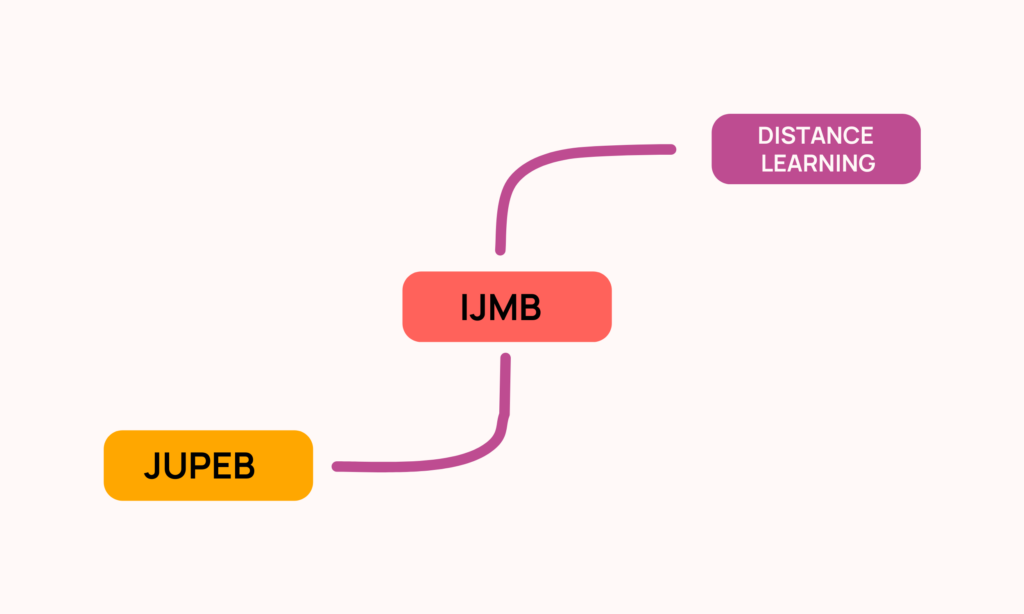Introduction
Gaining admission into a university is a significant milestone for students, but many applicants make avoidable mistakes that can delay or even derail their academic journey. From selecting the wrong course to missing important deadlines, these errors can have lasting consequences. Understanding these mistakes and how to avoid them is crucial to securing a smooth admission process.
Choosing the Wrong Course or University

Many students rush into choosing a university or course without proper research, leading to dissatisfaction, academic struggles, or even switching programs later.
Importance of Career Counseling
- Seek professional guidance before selecting a course.
- Consider your strengths, interests, and job market trends.
- Consult mentors, teachers, and career counselors for informed decisions.
Factors to Consider When Selecting a University
- Accreditation: Ensure the university and program are recognized by relevant educational authorities.
- Location & Costs: Factor in tuition fees, cost of living, and accessibility.
- Course Availability: Confirm that the university offers your preferred course.
- University Reputation: Consider rankings, alumni success, and facilities.
Missing Application Deadlines
Many students miss admission opportunities simply because they fail to apply on time.

Tips to Keep Track of Deadlines
- Regularly check official university websites and admission portals.
- Set calendar reminders for application openings and closing dates.
- Follow social media pages of universities for updates.
How to Apply Early
- Begin the university application process as soon as forms are available.
- Avoid last-minute rush to prevent errors or missing documents.
- Keep scanned copies of required documents ready for submission.
Incorrect Registration Details
Errors during registration can cause serious setbacks in the admission process.
Common Errors and How to Correct Them
- Name Misspelling: Ensure names match exactly as they appear on official certificates.
- Wrong Subject Combination: Confirm required subjects for your course before registration.
- Invalid Email or Phone Number: Use a functional email and number to receive updates.
Change of Course/Institution Process
- If you need to switch courses or institutions, apply through the official channels.
- Check the updated admission requirements before making changes.
- Ensure the new university is accepting candidates at that point in the process.
Ignoring Post-Admission Screening Tests
Many students assume that passing initial exams guarantees admission, but most universities require additional screening.
Why Screening Tests are Important
- Universities use them to further assess candidates beyond initial exam scores.
- Some schools use them to filter the best applicants for competitive courses.
How to Prepare Effectively
- Obtain past screening test questions and practice regularly.
- Attend tutorial sessions for guidance and test strategies.
- Stay updated on university-specific screening formats and schedules.
Failure to Verify Admission Requirements
Every university and course has specific admission criteria, and failing to meet them can lead to disqualification.
Understanding Academic Requirements
- Ensure you have the required subjects for your chosen course.
- Some universities accept only one sitting for examinations; verify before applying.
Special Admission Requirements for Different Universities
- Some universities may have stricter cut-off marks.
- Some courses (e.g., Medicine, Law) require higher scores and more competitive grades.
- Private universities may have flexible entry requirements but may require additional screening.
Not Having Required Documents
Many students fail to gather necessary documents before admission processing begins.
Commonly Required Documents
- Academic Results (e.g., WAEC/ NECO/ NABTEB)
- Admission Exam Result Slip
- Birth Certificate
- Identification Documents
- Passport Photographs
- Admission Letter
How to Retrieve Lost Documents
- Visit examination offices for lost result retrieval.
- Request for a new birth certificate from the relevant authorities.
- Contact the admission body for corrections or retrieval of lost registration details.
Not Exploring Alternative Admission Routes
If you do not gain admission through the traditional process, there are alternative pathways to university education.

Overview of Alternative Programs
- Foundation Programs: One-year programs that guarantee direct entry into advanced levels.
- Open University Programs: No entrance exams required, offering flexible study options.
- Distance Learning Programs : Several universities offer online degree programs without traditional entrance exams.
- Diploma to Degree: Start with a diploma or certificate and later proceed to direct entry.
Conclusion
Avoiding university admission mistakes is crucial for a smooth and successful academic journey. From selecting the right university and course to meeting deadlines and preparing for screening exams, careful planning is essential. Students should double-check all admission requirements, verify documents, and explore alternative routes where necessary.
Final Admission Tips for Prospective Students
- Start the application process early and track deadlines.
- Choose the right university and course based on career goals.
- Ensure accurate registration details and verify subject combinations.
- Prepare adequately for screening exams.
- Keep all required documents in order before admission processing begins.
By following these steps, prospective students can improve their chances of securing university admission without unnecessary setbacks.


